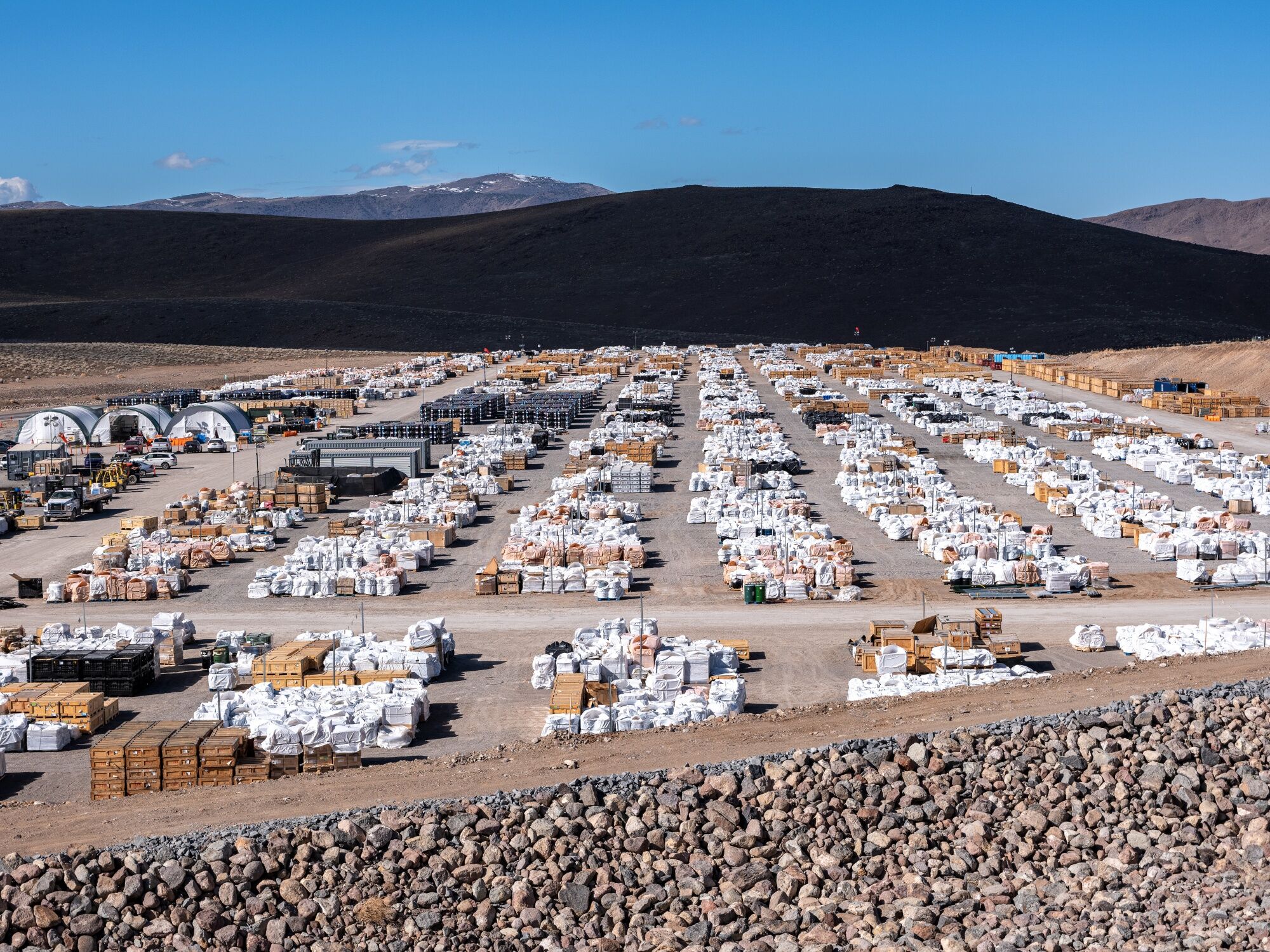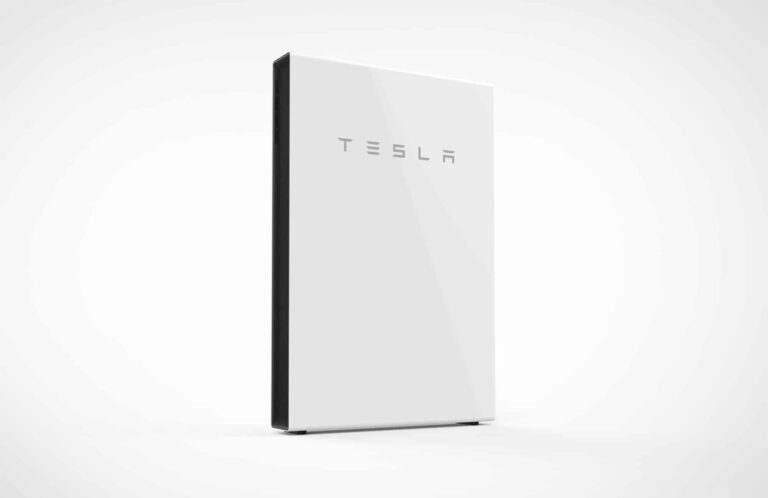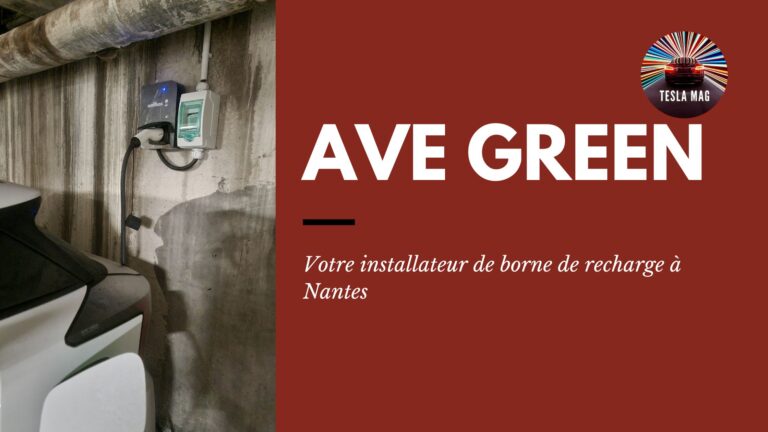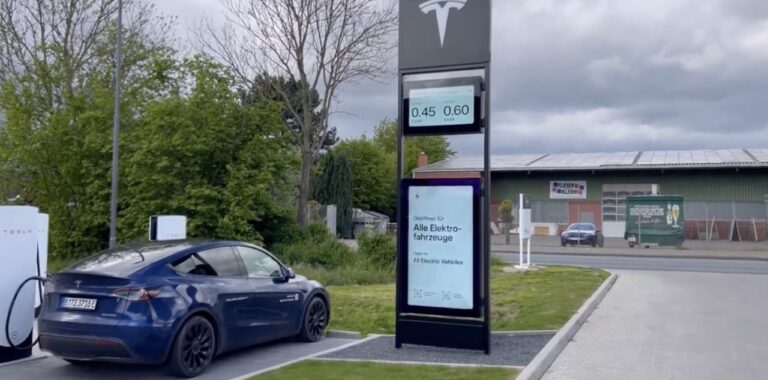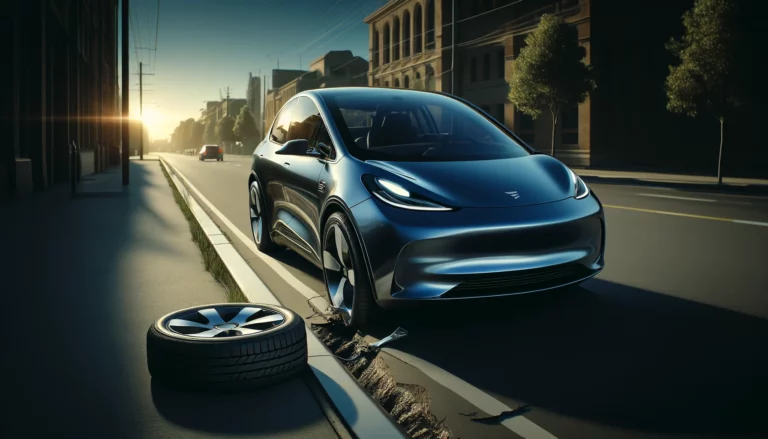a promising foray into EV battery recycling in Nevada, a challenge to Chinese dominance
In a global context where the energy transition is more crucial than ever, the recycling of electric vehicle (EV) batteries presents itself as a sustainable solution to the increase in demand for raw materials. Redwood Materials, founded by JB Straubel, former CTO of Tesla, is positioning itself as a leading player in this space with its battery recycling facility in Nevada. This initiative could well challenge China’s supremacy in battery recycling. This article provides an initial dive into this high-tech facility.
The Battery Recycling Challenge
Electric vehicle batteries, mainly composed of lithium, cobalt, nickel and other precious metals, are at the heart of the environmental and economic challenges of the automobile industry. The end of life of these batteries poses a major problem in terms of waste and resource reuse. Historically, China has dominated the market for recycling these materials, but initiatives like that of Redwood Materials are beginning to emerge in the United States, aimed at reducing reliance on foreign supply chains and fostering a circular economy.
Redwood Materials: An Innovative Player
Redwood Materials, located in the state of Nevada, recently opened its doors to the media to reveal its operations. The plant has the capacity to process the equivalent of 250,000 dead electric vehicle batteries per year. This impressive capacity is the result of massive investments in advanced technologies for the dismantling, sorting and recovery of precious materials.
Technology and Process
The recycling process at Redwood Materials is a model of efficiency. Used batteries are first dismantled, a crucial step to isolate the different components and materials. Then, using advanced chemical processing techniques, the valuable materials are extracted and purified. These are then ready to be reintroduced into the manufacturing chain of new batteries, thus closing the life cycle of the product in an ecological and economical way.
Environmental and Economic Impact
Redwood Materials’ approach offers multiple advantages. Environmentally, it significantly reduces battery waste and reduces the need for extraction of new materials. Economically, it contributes to the creation of local jobs and the energy independence of the United States. By reducing reliance on imports of critical materials, Redwood Materials helps secure the domestic supply chain in the face of geopolitical uncertainties.
Conclusion
The Redwood Materials initiative in Nevada is a striking example of how technological innovation can address contemporary environmental and economic challenges. By competing with China in battery recycling, Redwood is not only offering an alternative; it pushes the entire industry towards more sustainable and autonomous management of critical resources. This company is one to watch closely, as it could well redefine the standards for electric vehicle battery recycling on a global scale.
Source: Bloomberg
